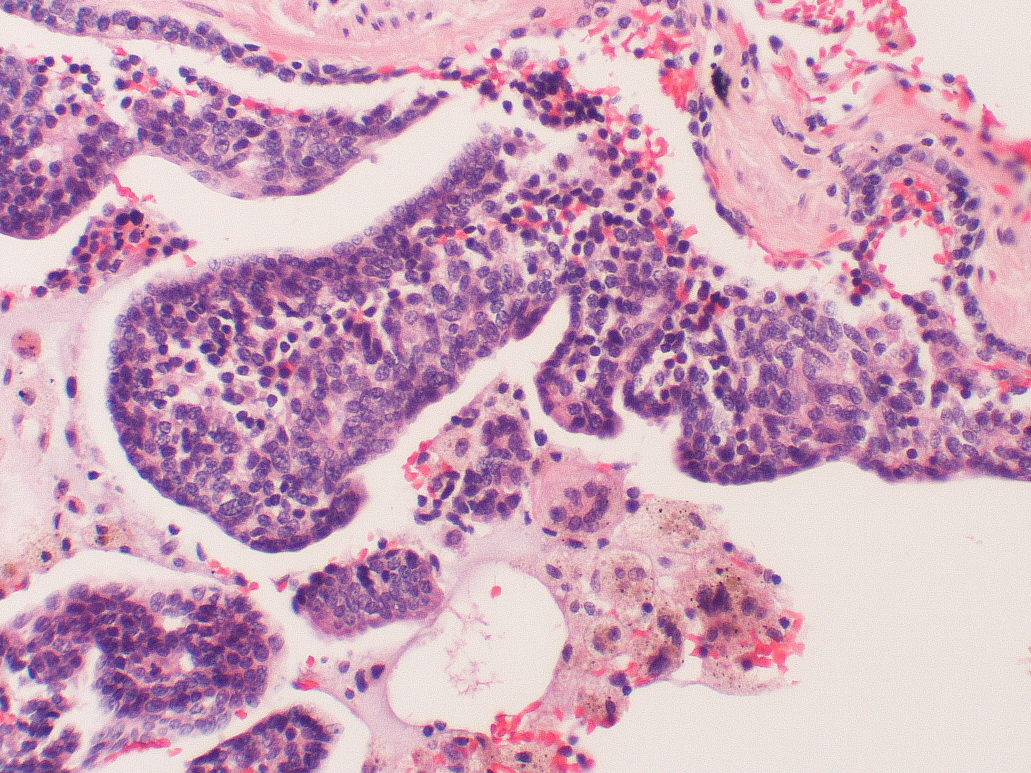Welcome to the PANS Pandemic Educational (PPE) Series 20/21
PANS will host a virtual seminar once every two months on the last Friday of the month at noon EST. We expect to have a vibrant discussion after the seminar.
PROUDLY SPONSORED BY STOELTING: Your source for Stereotaxic, Neuroscience and Behavior research instruments (https://www.stoeltingco.com/)

The fourth PPE-series event will be held on March 26, 12 noon – 2 pm EST and will feature:
Mini-symposium for young(ish) investigators
12-12:30 pm – Alejandro Lomniczi, OHSU, USA
Title: Unravelling the Role of Epigenetics in the Metabolic Control of Puberty
12:30-1:00 pm – Renata Frazão, Universidade de São Paulo, Brazil
Title: Hormonal inputs to hypothalamic components of the HPG axis: Puzzle pieces.
1:00-1:30 pm – Kellie Breen Church, UC San Diego, USA
Title: Neural circuits controlling reproduction: implications for stress-activated pathways
1:30-2:00 pm – Claudio Perez-Leighton, Pontificia Universidad Católica de Chile, Santiago, Chile
Title: Neuropeptides and control of food intake: GLP1, orexin and dynorphins.
Zoom Link https://us02web.zoom.us/j/81518595932
PAST PPE SEMINARS
Professor Jon E. Levine

Director of the Wisconsin National Primate Research Center,
Professor, Department of Neuroscience at the University of Wisconsin-Madison.
Estrogens, estrogen receptors and sexual behavior in primates: Is it all in our heads?
Damasia Becu-Villalobos

Senior Researcher
Institute of Biology and Experimental Medicine (IBYME)
National Research Council of Argentina
https://www.ibyme.org.ar/en/laboratorios/10/regulacion-hipofisaria
Our laboratory has worked for almost 20 years unraveling the regulation of the pituitary, both in normal physiology and in pathological states. We study the biochemical, physiological and molecular mechanisms that regulate pituitary function, and the effect of hormones at the central nervous system, in reproduction and metabolic control. One of our aims is to propose alternative therapies in dopamine agonist resistant prolactinomas. We work with two transgenic mouse models which lack the dopamine receptor D2, and with human samples of resistant prolactinomas. We also study the role of sexual differentiation of the hypothalamus in pituitary control, and its impact on GH regulation of hepatic sexual dimorphism. We have recently undertaken the study of the participation of the pituitary in pancreatic function, in particular, trying to understand the development of type 2 diabetes in antipsychotic treatments. Our laboratory also studies the role of the pituitary in milk production and parasite infection in dairy heifers in Argentine farms.
Title: “Prolactin in health and disease: metabolic actions at brain centers modifying pancreatic, adipose tissue and liver functions”.
Andrea C Gore

